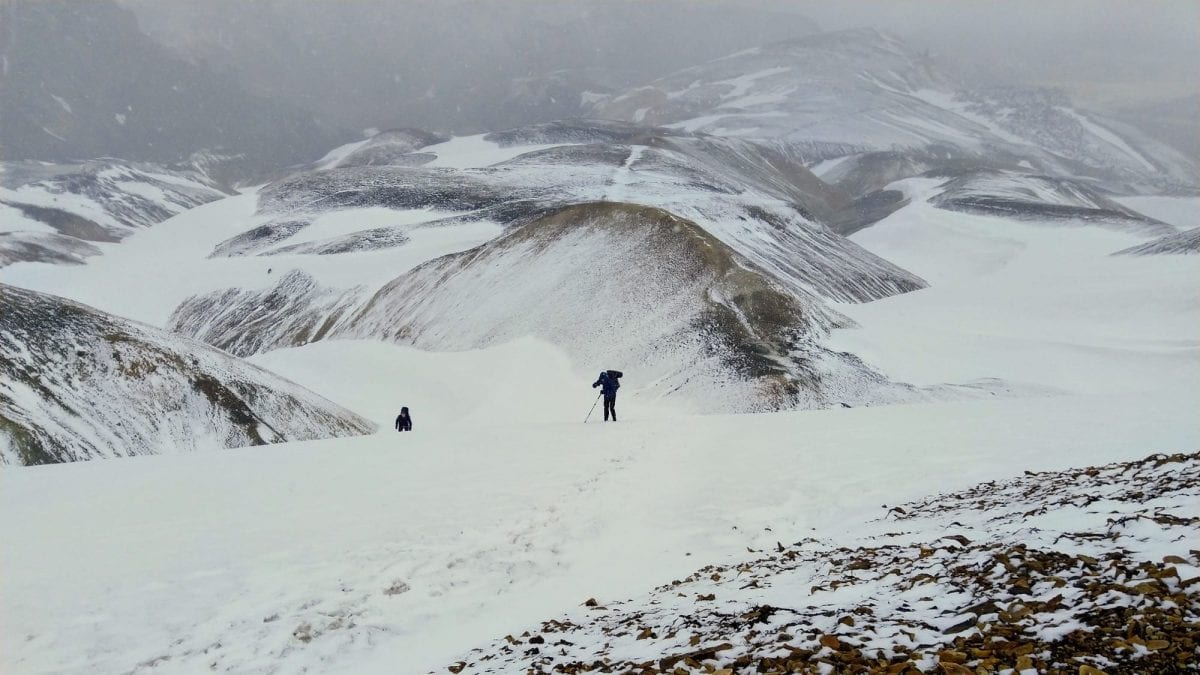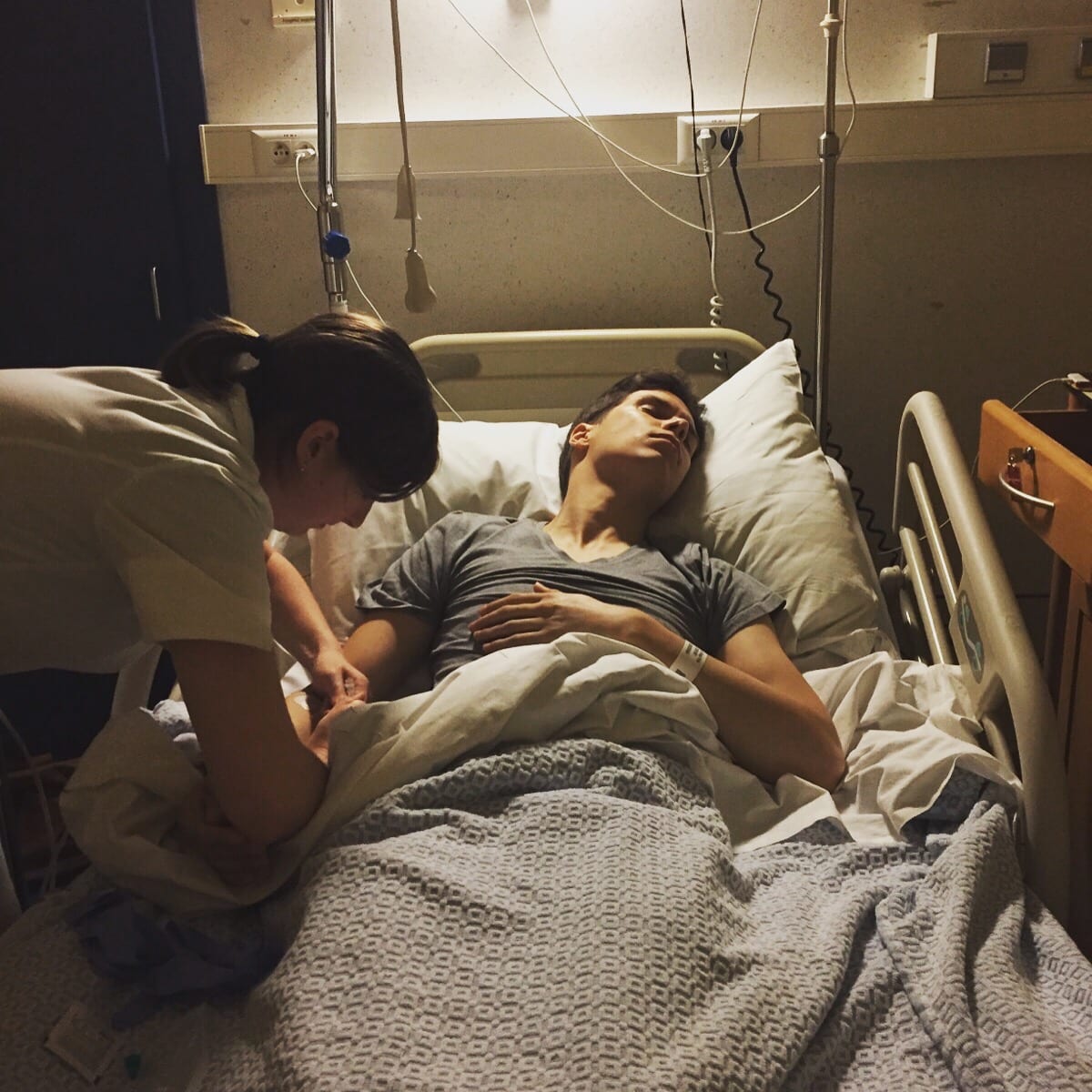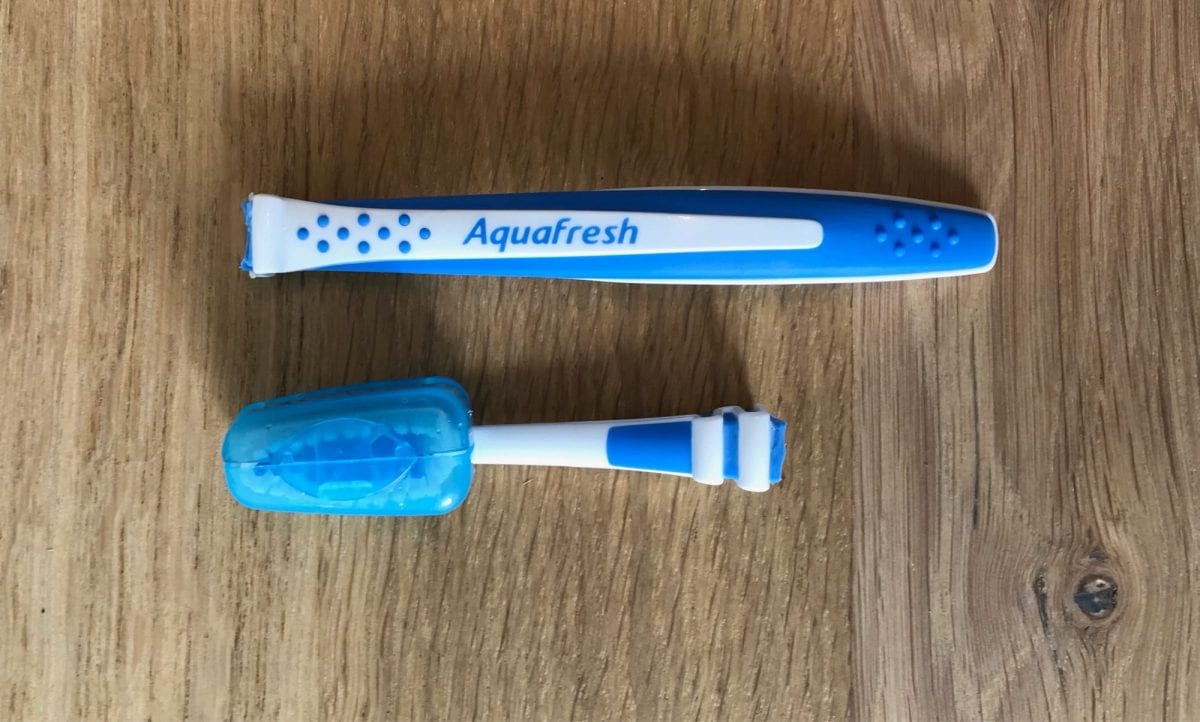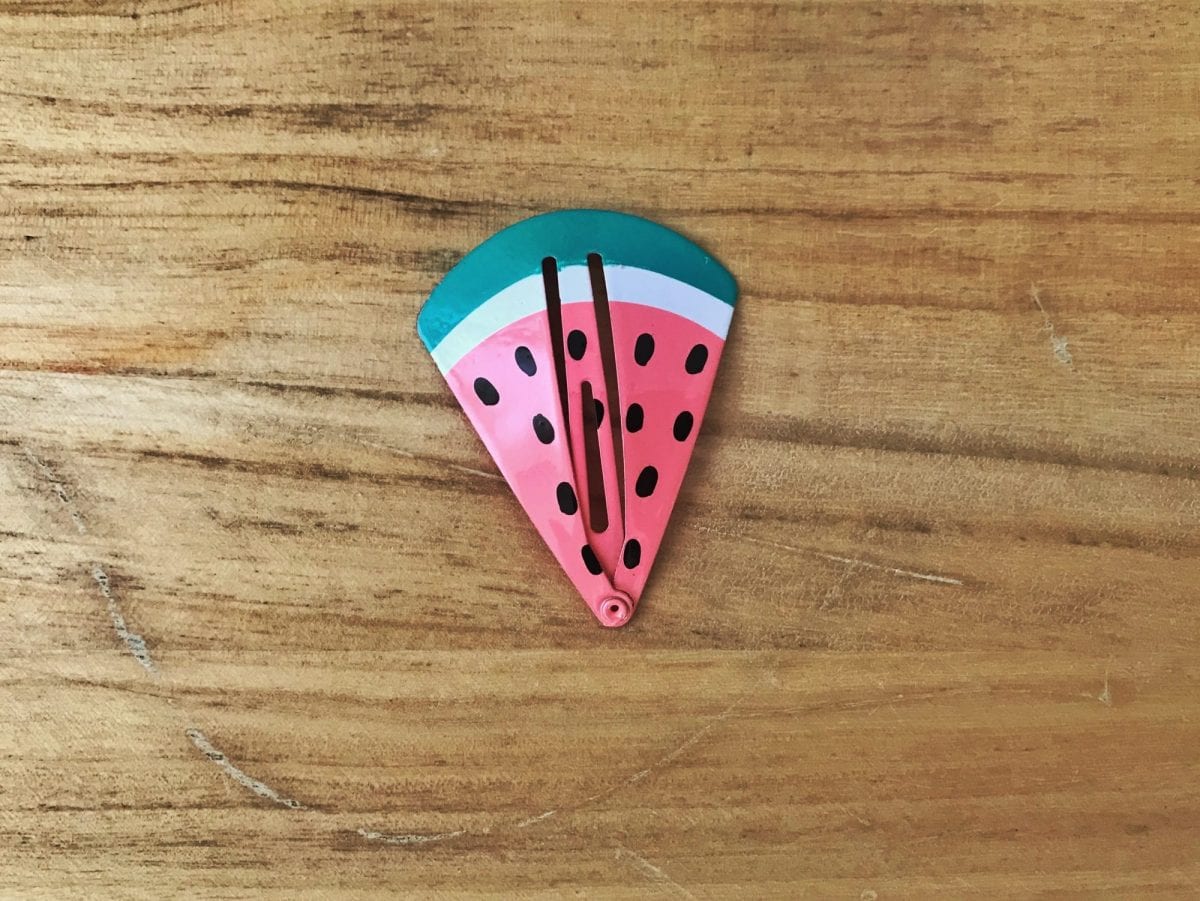The last couple of weeks, many people have asked me about my Jordan trip – a week on my won through rough terrain, including deserts. They ask me why I would travel alone in the first place (I got a post for that). Why hiking (I got a post for that). And they ask me if I’m not afraid what could happen. In other words – how I deal with the unknown.
The easy reply is I’m not afraid of what could happen, I’m above all very much excited about what could happen – about what amazing memories I’ll be making.
Nothing is ever risk-free. Crossing the street or driving to work is dangerous, but does it prevent you to do it every day? People die slipping on the floor next to the swimming pool in their resort. To put it even more bluntly – I’d rather die somewhere on a trail someday than hit by a car just around the corner of our house.
But I think there’s a deeper layer to all of this.
I’m quite a ration person, but above all, I love to immerse my self in new experiences. I strongly believe that if you do not over-plan, if you are open to new experiences, you make better and more beautiful memories. Whether it is going places you have never done before, by exploring a city through running, by not preparing a city trip with a Lonely Planet in your hand but by asking locals, by having the chef choose your food or something else. And that is what draws me to many of my adventures – whether it is a surprise city trip, or hiking the Jordan Trail.
Assessing risks and rewards is an integral part of this.
Two simple things I often do on a piece of paper, napkin or even a beer coaster. Assess the known unknowns and the unknown unknowns and quickly asses the potential damage. A thing that many of us do consciously or subconsciously, but that I often do before I plan a larger project like a multi-day hike.
Known knowns, unknown knowns, known unknowns and unknown unknowns – dealing with the unknown.
“There are known knowns” is a phrase from a response United States Secretary of Defense Donald Rumsfeld (there will be a movie released about him this year) gave to a question at a U.S. Department of Defense (DoD) news briefing on February 12, 2002 about the lack of evidence linking the government of Iraq with the supply of weapons of mass destruction to terrorist groups. Although many ridiculed this sentence at first (myself including), there is a simple, beautiful truth behind his reasoning.
It leaves known knowns, unknown knowns, known unknowns, and unknown unknowns.
The unknown knowns and the known knowns are the things I build on; the skills and knowledge I gathered over the years and/or the things that come so natural to me that I am not even aware I know them. I know how to set up a tent, I know how to cook a meal, I know I can do hikes of 50 kilometers per day (as I’ve done it with the Four Days Marches in Nijmegen). Building and expanding these skills come naturally to me. I try to talk to others, read a lot, all to gather more ‘knowns’.
The known unknowns are the things I know that could happen and that I can prepare for. I can run out of water in Jordan which is kind of a big deal so I have to prepare for that. I could get bitten by a venomous snake, so I need to know how to avoid it and what to do in case this happens. I can not just show up with some random shoes and fancy clothes, so I need a decent packing list. I learned (like in Iceland with my Laugavegur hike) that something can go wrong and that I need some extra days at the end of my hike as a safeguard/buffer, in case my hike is delayed. I know from time to time, my intestines have a mind of their own and turn on me – so I need to bring the right medicine and precautions. It’s important here to assess which things could go wrong (I always make a list of this when preparing and planning my trips) and what impact that would have (see also, the last part of this post). Finally, how comfortable you are with these ‘risks’ and how you can bring more comfort – or, if you have to abandon your plans altogether. This will also evolve over the years. When I started traveling, I would be super-stressed out about the potential of my flight being canceled or delayed – nowadays I don’t even consider that part of my preparation.
The unknown unknowns are things I am not even aware of that could happen. One of the reasons I have been hiking the Laugavegur trail, have been planning my GR20 hike, why I’m hiking the Jordan Trail now and why will be hiking the Arctic Circle Trail next year, is to prepare for the Torres del Paine hike somewhere in the future. I have no idea what to expect there, but hiking similar trails will limit the number of unknown unknowns – I will know better what to expect and that will ease my comfort level. By ‘collecting’ similar experiences, I try to limit the unknown unknowns. I wouldn’t easily take on completely unknown unknowns experiences – being dropped in the Amazon rainforest on my own, everything that has to do with swimming (I’m a lousy swimmer), etcetera.
Assessing the potential damage – dealing with the unknown.
As mentioned before, assessing the potential damage is an integral part of this – what is the chance that something will happen multiplied with the damage. And what you can easily do to minimize the potential damage. There are really useful yet complex tools to do this, I just make a quick calculation on a napkin or beer coaster.
- The chance of the battery of my phone and/or GPS running low when I’m a week in the desert is very high and the potential damage is as well (my family being super worried, me getting lost by lack of GPS). So that is why I bought an expensive battery pack (which is rather heavy as well) and am carrying it with me all the way.
- The chance of me running in a life-threatening danger is really low, but as I am traveling on my own, the potential damage is really high. So that is why I spend a lot of time preparing for my trips and why I always have my Personal Locator Beacon (PLB) as well as my Garmin InReach mini with me.
- The chance of having a bad experience when you do a surprise city trip (for example with srprs.me) is low (as long as you open yourself up to explore a city) and the potential damage is low. In contrast – the chance that you make memories you’ll never forget is way higher if you get off the beaten path.
Etcetera.
To conclude – dealing with the unknown.
Staying at home often is as dangerous as traveling. I’m not afraid of what could happen, I’m above all very much excited about what could happen – about what amazing memories I’ll be making.
If you do travel, travel to experience more. Traveling off the beaten path, with an open mind lets you experience more, create memories forever.
If you do travel to experience more, quickly assess the potential risks. If you travel out of your comfort zone, make sure you are comfortable with the risks you are taking and minimize the risks and/or the impact in the areas where you do not feel comfortable.






5 comments